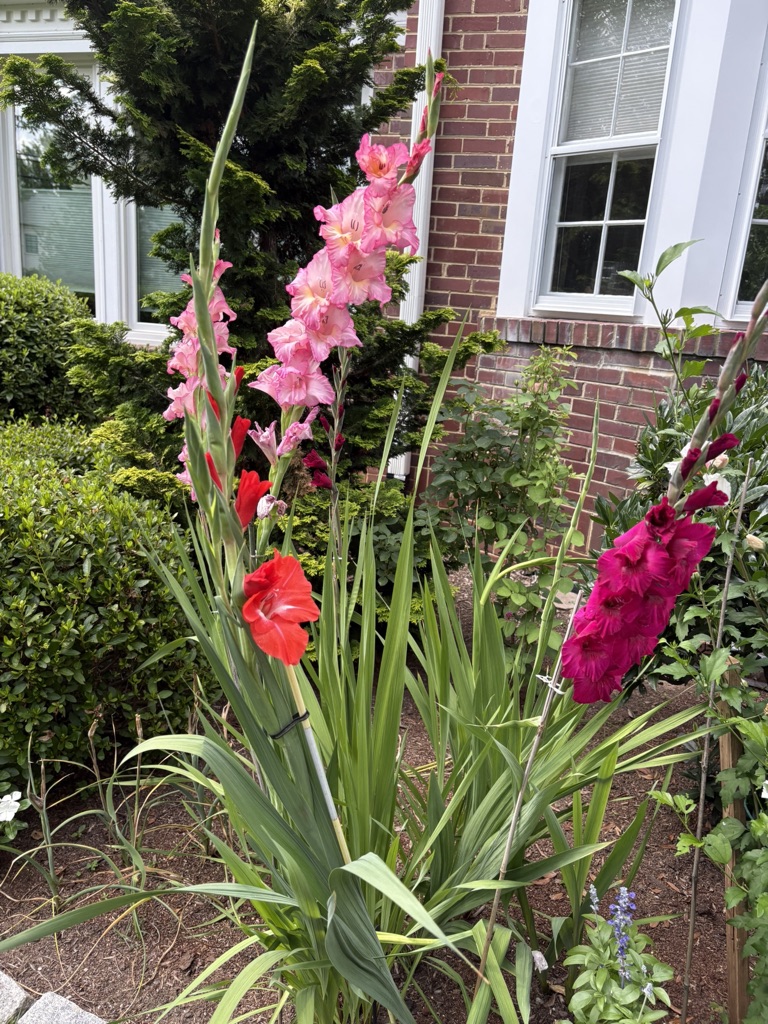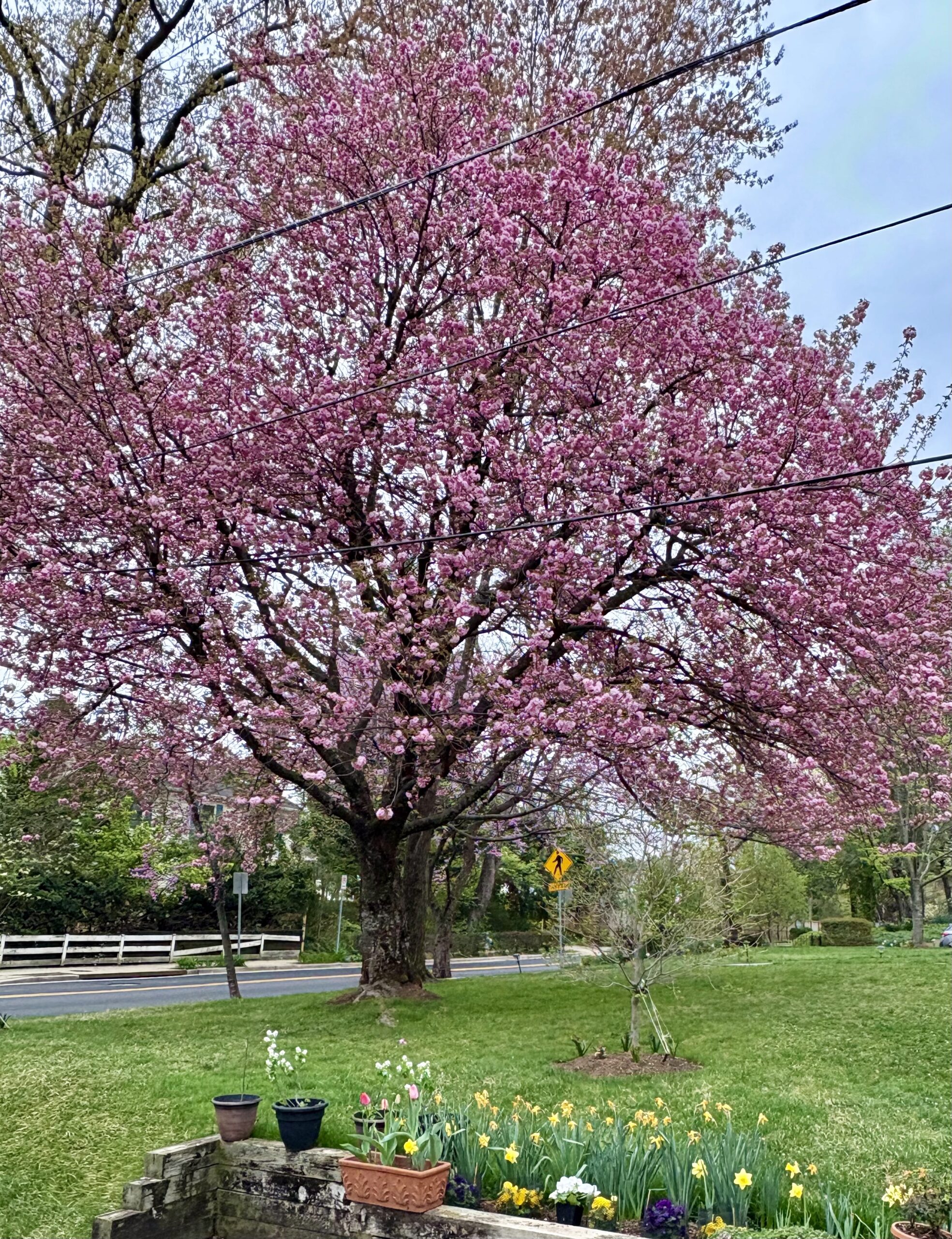Growing up our family lived in small towns surrounded by farms. In suumer the lightning bugs would glow as tiny yellow flying dots in the warm nights after dark. They flew their courses at our level of play.
We would take the quart glass Bell jars used for canning vegetables, punch air holes in the metal covers and put in some cut grass. Then we would catch the yellow flickering, flying tiny creatures with our hands. Put them in the jar. We’d take the jars of small nightlights to our bedroom to watch them blink on and off till sleep.
Frost had a different image in mind.
Fireflies in the Garden
by Robert Frost
Here come real stars to fill the upper skies,
And here on earth come emulating flies,
That though they never equal stars in size,
(And they were never really stars at heart)
Achieve at times a very star-like start.
Only, of course, they can’t sustain the part.
Summer is vacation time. School is out. We look forward to swimming pools opening, time off for holidays and occasionally the ultimate challenge, what are we going to do today?
For Mary Oliver, summer’s hiatus from fixed schedules is a time to ask, what is it you plan to do with life?
The Summer Day
by Mary Oliver
Who made the world?
Who made the swan, and the black bear?
Who made the grasshopper?
This grasshopper, I mean –
the one who has flung herself out of the grass,
the one who is eating sugar out of my hand,
who is moving her jaws back and forth instead of up and down –
who is gazing around with her enormous and complicated eyes.
Now she lifts her pale forearms and thoroughly washes her face.
Now she snaps her wings open, and floats away.
I don’t know exactly what a prayer is.
I do know how to pay attention, how to fall down
into the grass, how to kneel down in the grass,
how to be idle and blessed, how to stroll through the fields,
which is what I have been doing all day.
Tell me, what else should I have done?
Doesn’t everything die at last, and too soon?
Tell me, what is it you plan to do
with your one wild and precious life?
Summer Colors
My oldest azalea planted over 40 years ago is the last to bloom in mid-June protected by the shade of a tall maple and redbud trees. Yes, those are two topiary steeds guarding our front door in the background.
Best year yet for gladiolas. The bulbs take several seasons to reach their full glory at a height of over 6 feet.






